Neurology
- Home
- Neurology
Neurology
Neurology is a medical specialty that focuses on diagnosing and treating disorders of the nervous system, including the brain, spinal cord, and peripheral nerves. In India, the Neurology department provides advanced care for conditions such as stroke, epilepsy, Parkinson’s disease, multiple sclerosis, and neurodegenerative disorders. With access to advanced technology and skilled neurologists, India’s healthcare institutions are recognized globally for offering comprehensive treatment options, including neurorehabilitation and neurosurgical interventions. Find premier neurology speciality in India with Medkins Healthcare, which helps you connect with the best doctors and hospitals for Neuro diseases while offering support throughout your treatment process.
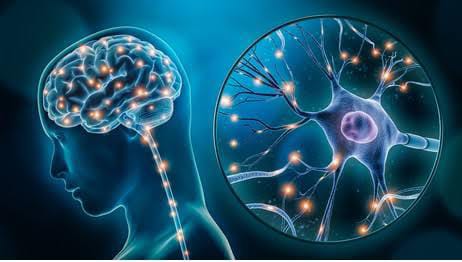
Diseases Treated by Neurology
Stroke
– Ischemic Stroke: Caused by a blockage in a blood vessel supplying blood to the brain, leading to brain cell damage.
– Hemorrhagic Stroke: Caused by bleeding into or around the brain due to a ruptured blood vessel.Epilepsy
– A neurological disorder characterized by recurrent seizures, which are sudden bursts of electrical activity in the brain.Parkinson’s Disease
– A progressive neurodegenerative disorder that affects movement control due to the loss of dopamine-producing neurons in the brain.Multiple Sclerosis (MS)
– An autoimmune disease where the immune system attacks the protective covering of nerve fibers (myelin), leading to communication problems between the brain and the rest of the body.Alzheimer’s Disease
– A progressive neurodegenerative disease that leads to memory loss, cognitive decline, and behavioral changes due to the buildup of amyloid plaques and tau tangles in the brain.Migraine
– A type of headache characterized by severe, throbbing pain often accompanied by nausea, vomiting, and sensitivity to light and sound.Amyotrophic Lateral Sclerosis (ALS)
– A progressive neurodegenerative disease affecting motor neurons, leading to muscle weakness, paralysis, and eventually respiratory failure.Dementia
– A general term for a decline in cognitive ability severe enough to interfere with daily life, including various types such as vascular dementia and frontotemporal dementia.Peripheral Neuropathy – A condition resulting from damage to the peripheral nerves, leading to symptoms such as pain, numbness, and weakness, often caused by diabetes or other underlying conditions.
Neurodegenerative Diseases – A group of diseases characterized by the progressive degeneration of the nervous system, including conditions like Huntington’s disease and spinocerebellar ataxia.
Neuromuscular Disorders
– Disorders affecting the nerves that control muscles and the muscles themselves, including conditions such as myasthenia gravis and muscular dystrophies.Movement Disorders
– Conditions affecting the ability to control movement, including essential tremor and dystonia.Headaches
– Includes various types of headaches beyond migraines, such as tension-type headaches and cluster headaches.Seizure Disorders
– Includes conditions causing seizures, such as focal seizures and generalized seizures.
Conditions Treated by Neurology
Cognitive Impairment: Conditions causing problems with thinking, memory, and understanding.
Motor Function Disorders: Disorders affecting movement and coordination, such as Parkinson’s disease and ALS.
Seizure Disorders: Conditions characterized by recurrent seizures, such as epilepsy.
Neuropathic Pain: Pain resulting from nerve damage or dysfunction.
Headache Disorders: Various types of chronic headaches, including migraines and tension-type headaches.
Neurodegenerative Conditions: Progressive disorders leading to the degeneration of nerve cells, such as Alzheimer’s disease and multiple sclerosis.
Movement Disorders: Disorders affecting motor control, including tremors and dystonia.
Peripheral Nervous System Disorders: Conditions affecting the peripheral nerves, leading to symptoms like numbness and weakness.
Procedures Done in Neurology Department
Electroencephalography (EEG) – A test that measures electrical activity in the brain to diagnose conditions like epilepsy and sleep disorders.
Magnetic Resonance Imaging (MRI) – Imaging technique using magnetic fields and radio waves to create detailed images of the brain and spinal cord, useful in diagnosing and monitoring neurological conditions.
Computed Tomography (CT) Scan – Imaging technique using X-rays to create cross-sectional images of the brain, often used to diagnose strokes, tumors, and other brain conditions.
Lumbar Puncture (Spinal Tap) – Procedure to collect cerebrospinal fluid (CSF) from the spinal canal for analysis, used to diagnose conditions such as meningitis, multiple sclerosis, and subarachnoid hemorrhage.
Nerve Conduction Studies (NCS) – Tests that measure how well and how fast nerves can send electrical signals, used to diagnose peripheral neuropathies and other nerve disorders.
Electromyography (EMG) – A test that assesses the electrical activity of muscles at rest and during contraction, used to diagnose neuromuscular disorders.
Cerebral Angiography – Imaging procedure to visualize the blood vessels in the brain, used to diagnose aneurysms, arteriovenous malformations, and other vascular conditions.
Neuropsychological Testing – Comprehensive assessments of cognitive, emotional, and psychological functioning to evaluate the impact of neurological disorders.
Deep Brain Stimulation (DBS) – Surgical procedure where electrodes are implanted in specific brain regions to treat movement disorders like Parkinson’s disease and essential tremor.
Spinal Cord Stimulation – Procedure where a device is implanted near the spinal cord to deliver electrical impulses, used to manage chronic pain conditions.
Botox Injections – Use of botulinum toxin injections to treat certain movement disorders, such as dystonia and spasticity.
Genetic Testing – Testing to identify genetic mutations associated with neurological disorders, such as Huntington’s disease and certain types of dementia.
Functional MRI (fMRI) – Specialized MRI technique that measures brain activity by detecting changes in blood flow, used in research and planning for brain surgeries.
Evoked Potentials – Tests that measure electrical activity in response to stimuli (visual, auditory, or sensory), used to diagnose and assess neurological conditions affecting sensory pathways.
Our Focused Specialties
Multi-Specialty Care Hub
Discover India’s diverse multi-specialty health departments and treatments. We’re dedicated to ensuring a healthier tomorrow, navigating the dynamic realm of Indian healthcare. Our wide range of specialties includes top-notch hospitals, selected based on quality and healthcare facilities. Join us for a personalized journey to optimal health and wellness.
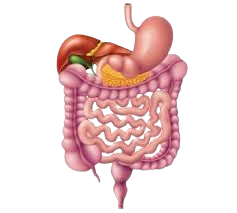
Gastro-intestine
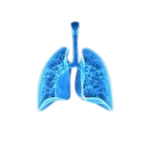
Pulmonology

Ophthalmology
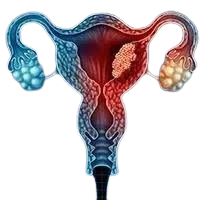
Gynaecology
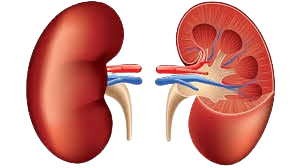
Nephrology
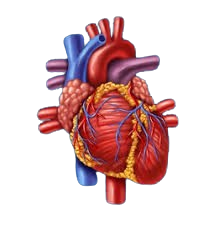
Cardiac
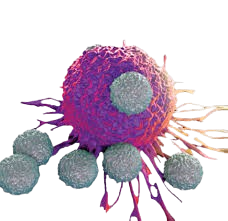
Hematology
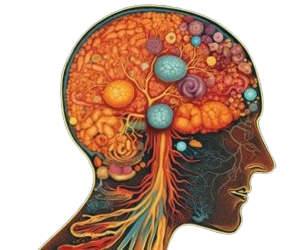
Neurology
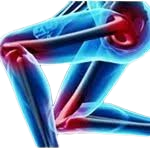
Bone & Joint
Looking for an expert !
Our Healthcare is home to some of the eminent doctors in the world

Dr Rajesh Sharma

Dr Sandeep Vaishya

Dr Sandeep Vaishya

Dr Rajesh Sharma

Dr Rajesh Sharma

Dr Sandeep Vaishya
Easy Access Links
- International Patients
- We & Why
- Core Specialites
- Common Procedures
- Hospitals
- Doctors
- Treatment Locations
- Way To Healing
- Wise to ask before
- Comfort and Satisfaction
